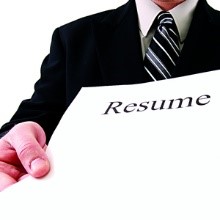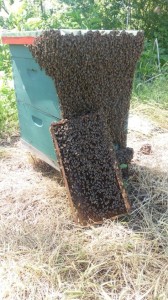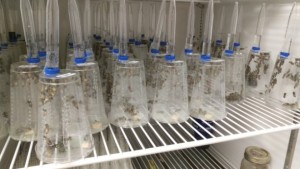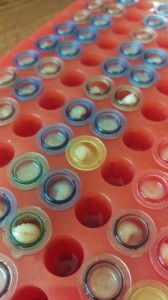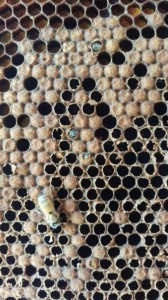By: S. David Ross, Associate Director
As another Fall semester is well underway, some December 2015, May 2016 and August 2016 graduating students have begun the process of planning for life after Penn. Some may have interned this past summer with hopes of securing a full-time offer by the end of the summer. If you did not receive the return offer you hoped for, do not panic – now is a great time to devise a strategy for how you will approach your job search this year.
Reflect on your summer experience. With the hustle and bustle of the start of the semester, it can be very easy to simply jump back into the recruiting process as you prepare for next year. If you have not already, take some time to think about your experience this past summer. What did you enjoy? What was unpleasant? What did you learn about yourself? The answers to these three questions may help you better target your efforts this year and focus on employment opportunities that are a good fit for you.
Schedule an appointment with a Career Services advisor. Once you have taken the time to reflect and focus on your interests and goals, schedule a meeting with an advisor in Career Services. Talking through your plan with someone may reaffirm that you are taking the necessary steps and advantage of all of the resources available to you. You may come up with some new ideas or decide to adjust your strategy a bit. For those who have not visited Career Services during your tenure, that’s fine – but please do not feel if you have not used our services in the past that you cannot use them this year. Whatever you think would be helpful for you is great – so please utilize Career Services while you are here on campus.
Actively participate in relevant recruiting events. As much as some employers have already actively begun recruiting Penn students on-campus, do not underestimate the importance of demonstrating your interest. Simply applying for positions that you believe you are qualified for may not be enough – if you discover that employers you are interested are recruiting on-campus, make every effort possible to attend recruiting events unless you have a class conflict or other obligations.
Consider all of your options. Consider how the experience you have gained this past summer has opened up new employment opportunities to explore. Try not to focus solely on position title or industry – but also identify transferable skills that you can apply in different positions and sectors. Now that you have additional experience, you may be able to more effectively pivot into new roles. If you prefer to consider opportunities with different employers within the same industry as your summer employer, that’s great – but cast a wide net and try not to narrow your options too soon.
For advice on how to answer questions about why you did not receive a return offer from your summer employer, please read this previous post: https://ulife.vpul.upenn.edu/careerservices/blog/2014/10/02/tough-interview-questions-why-did-you-not-receive-a-full-time-job-offer-from-your-summer-internship-employer/


